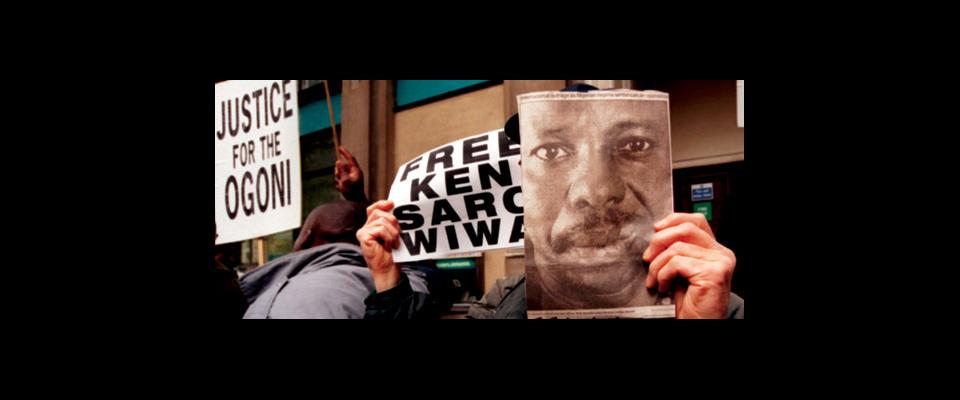IMPACT: Known as the Nobel of environmental prizes, the Goldman Environmental Prize recognizes and funds grassroots activists worldwide with the most lucrative environmental award in existence, a no-strings-attached $125,000 for each recipient. Last year’s winners include Yu Xiaogang, 56, who documented the impact of dams on Chinese communities and successfully lobbied China’s government to pay additional restitution to displaced villagers. Kentuckian Craig Williams, 58, also received a 2006 prize for persuading the Pentagon to stop plans to incinerate stockpiled chemical weapons and for building a nationwide grassroots coalition to lobby for safe disposal.
Unfortunately, not all Goldman Prize stories have happy endings: In 1995, Nigerian author and activist Ken Saro-Wiwa was honored for defending the Ogoni people from environmental and human rights abuses following oil drilling on their homeland. The same year, to worldwide protest, the Nigerian government hanged him. But Richard Goldman wasn’t deterred. The prize is “proof that ordinary people are capable of doing truly extraordinary things,” he says.
EUREKA MOMENT: One morning over breakfast in 1988, Richard Goldman was reading an article in the San Francisco Chronicle announcing the winners of several Nobel Prizes, when he noted a glaring omission. There was no prize honoring grassroots environmentalists. Two years later, the Goldman Environmental Prize cere- mony was held on April 16—Earth Day, and Richard’s 70th birthday.
From the January February 2007 25 Brilliant California Ideas issue of California.


















